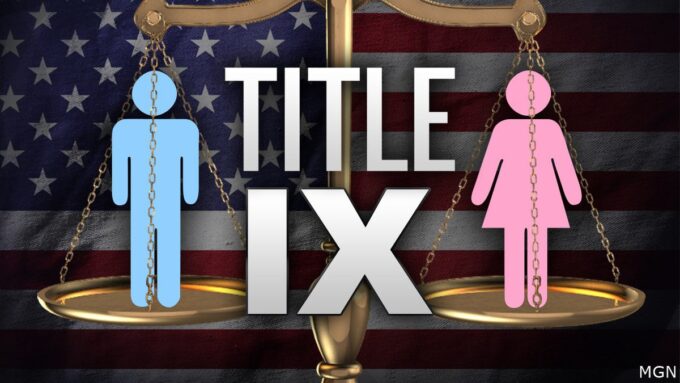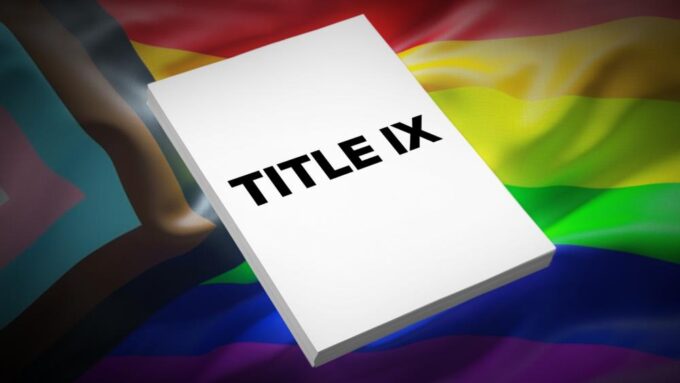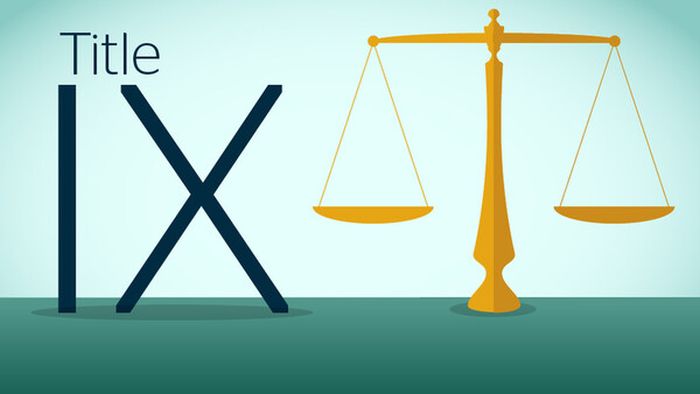If you have been accused of any misconduct on your college campus, you will have many questions about the process. Title IX allegations can have a profound and lasting impact on a student’s life. The accused student may face suspension or expulsion from their school, loss of scholarships, and a permanent mark on their academic and professional records. This can also lead to losing future opportunities, such as admission to a desired college or job.
In addition, the accused student may be subject to public scrutiny and humiliation, leading to emotional distress, fear, and anxiety. Visit studentdisciplinedefense.com to know the answers to all your queries.
1. What is Title IX?

Source: wsmv.com
It is a law that prohibits discrimination based on sex in any educational program or activity that receives federal funding. Title IX applies to all aspects of education, including admissions, athletics, course offerings, employment, and student services.
2. What are some examples of Title IX violations?
Examples of Title IX violations include discrimination in admissions or academic programs, unequal access to athletics or activities, sexual harassment or assault, unequal pay for male and female employees, and unequal access to educational opportunities for pregnant or parenting students.
3. How can I file a Title IX complaint?

Source: vsu.edu
To file a Title IX complaint, contact the Title IX Coordinator at the school or district where the alleged violation occurred. The Coordinator will provide information on how to proceed with filing a complaint. In some cases, you can file a complaint directly with the Office for Civil Rights (OCR).
4. What can I do if I am a victim of sexual harassment or assault?
If you are a victim of sexual harassment or assault, you should contact the Title IX Coordinator at your school or district as soon as possible. The Coordinator will provide you with information on how to proceed and can also connect you with resources that can help you. Additionally, you may choose to contact local law enforcement or a rape crisis center. It is important to remember that you are not alone and that there are people available to help you.
5. What are the protections provided by Title IX?
Title IX protects people from discrimination based on sex in all forms, including sexual harassment, sexual assault, and other forms of gender-based discrimination. It also requires institutions to take proactive steps to prevent discrimination and respond to reports of discrimination.
6. What Are the Rights of Victims Under Title IX?
Under Title IX of the Education Amendments of 1972, individuals who have experienced sexual discrimination and violence have the right to have their complaints taken seriously, be heard in a fair process that honors their rights, and receive an equitable resolution. Victims can also receive remedies such as counseling services and academic support accommodations.
Title IX also establishes additional rights for victims including: the right to not be excluded from classes or school-related activities; the right to timely and impartial investigations; the right to be provided with an adviser or advocate throughout the proceedings; the right to speak out while ensuring both parties’ privacy is respected; and the right to appeal a school’s decision-making processes and findings.
Conclusion

Source: cbn.com
It is important that any school taking measures in response to an allegation of sexual harassment or other forms of gender-based misconduct should consult legal advisors or other professionals trained in evaluating such matters before taking any action against an accused party. Such advice can be invaluable in providing direction as well as making sure that any decisions taken by the school remain legally compliant.

